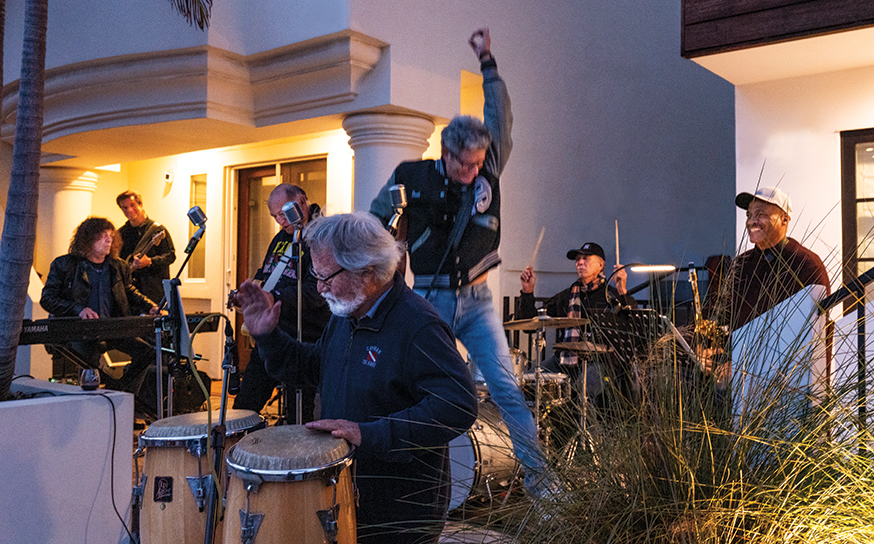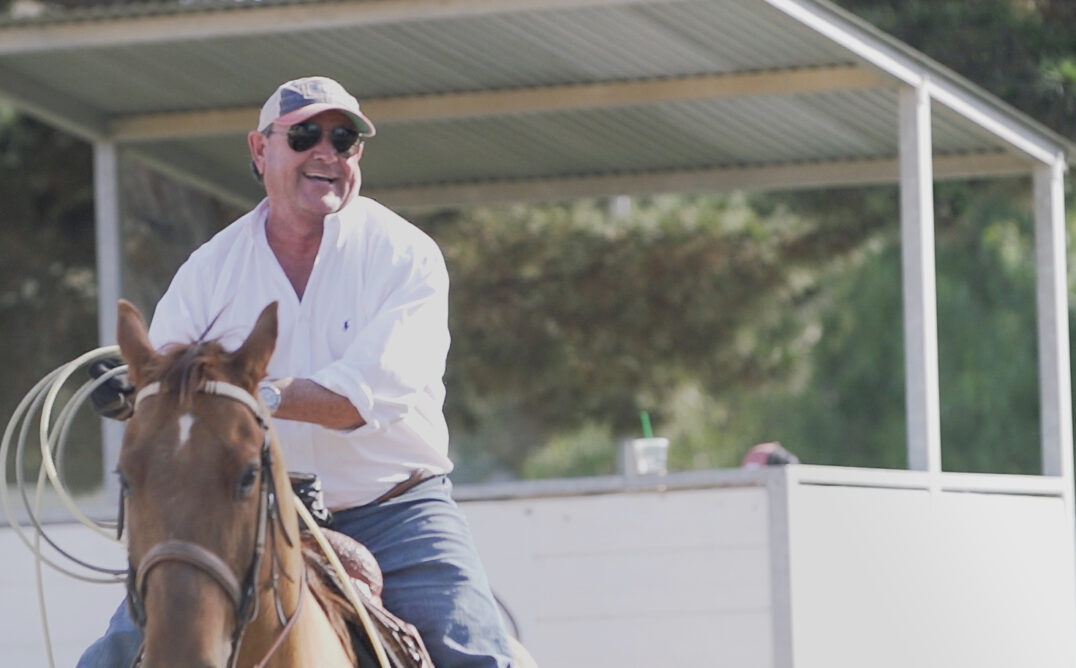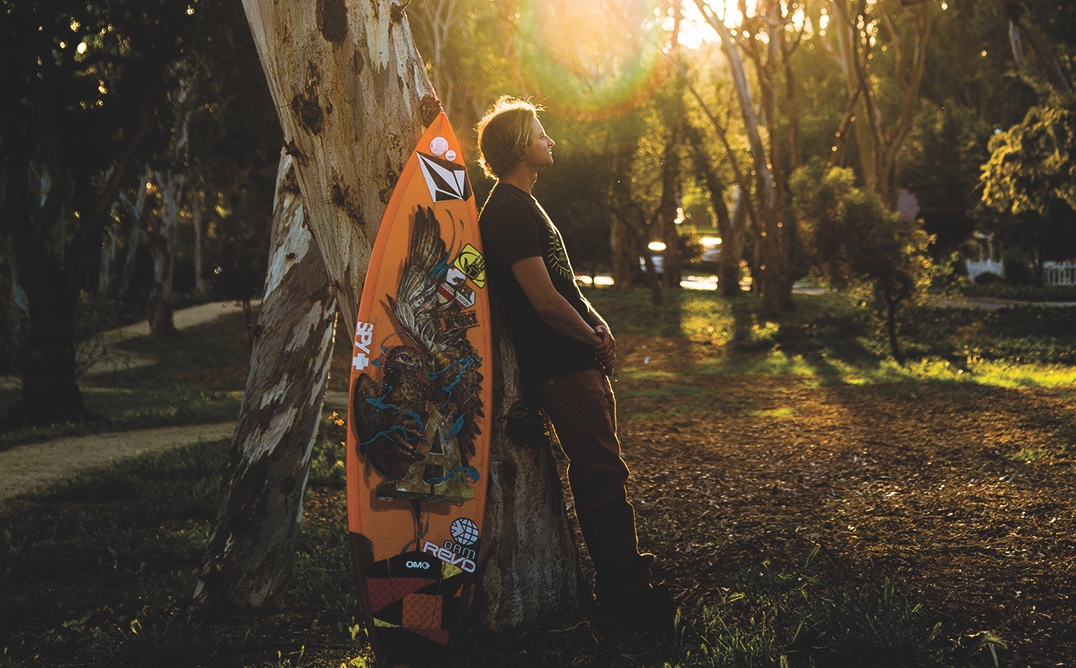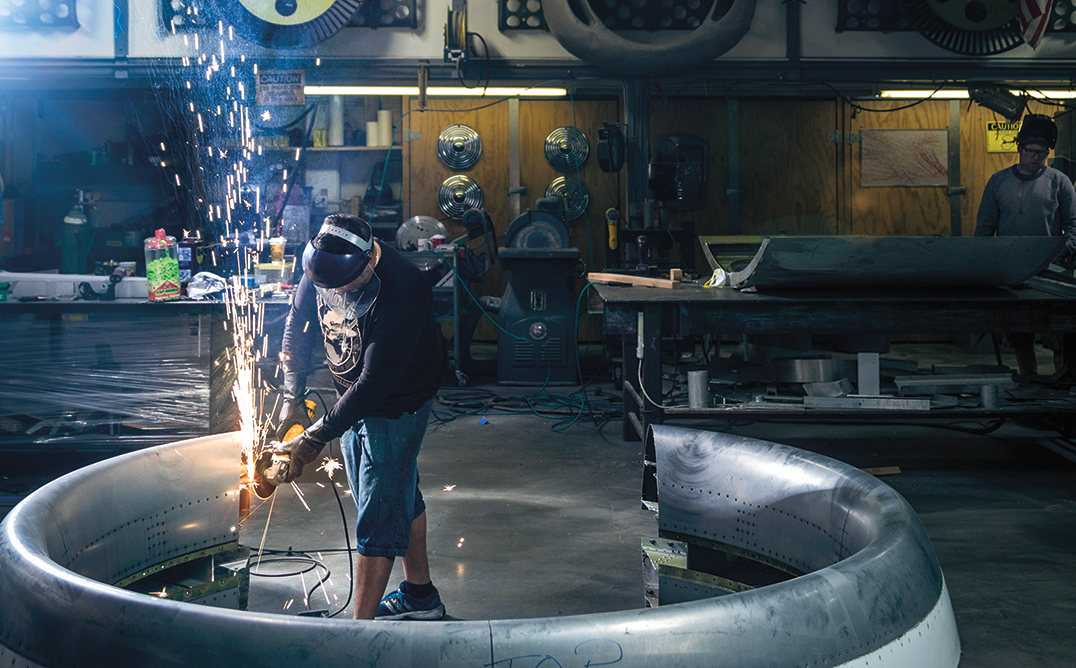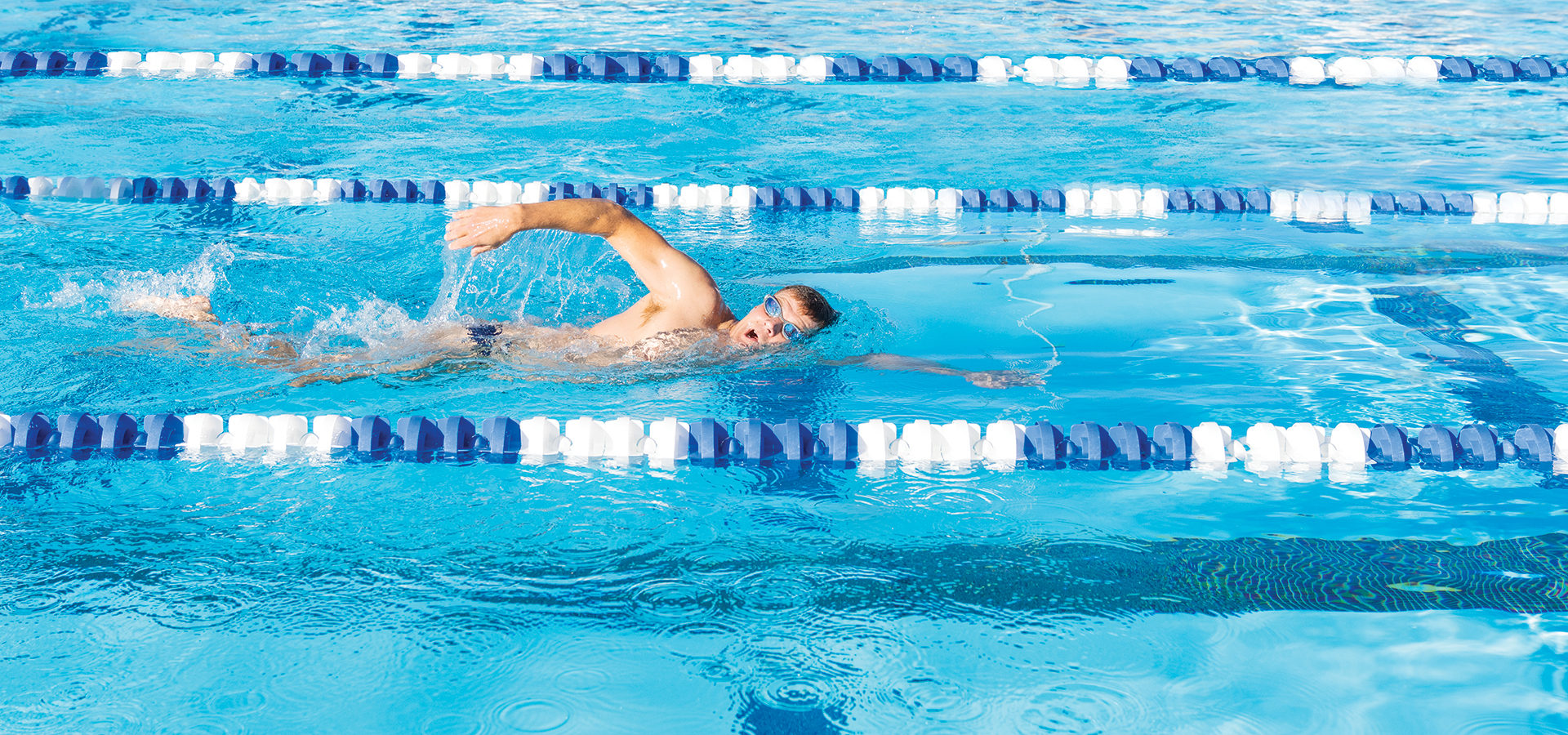
Brent Blackman Proves That Some People Are More Efficient, Productive and Balanced the More Active They Are
Body in motion.
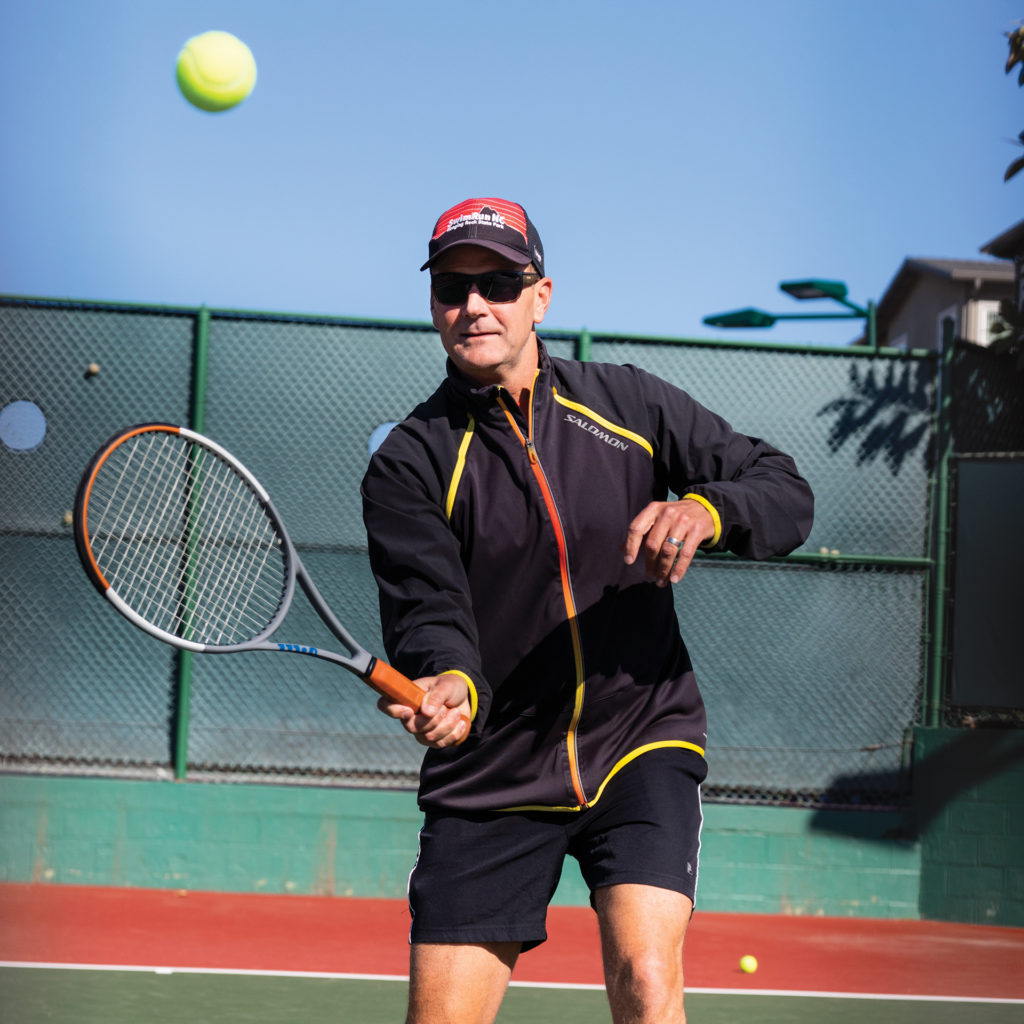 Brent Blackman isn’t a guy who dabbles in activities that pique his interest. He goes all in. He was a freshman when he earned a spot on his varsity high school swim team, despite starting the sport relatively late at 13 years old. He swam through high school and later at the University of South Carolina.
Brent Blackman isn’t a guy who dabbles in activities that pique his interest. He goes all in. He was a freshman when he earned a spot on his varsity high school swim team, despite starting the sport relatively late at 13 years old. He swam through high school and later at the University of South Carolina.
“I got a scholarship for swimming,” he notes. He’s competed in roughly 20 marathons, nearly 10 of which were in Boston—a city known for having high qualification standards. His open water experiences include swims from Catalina to the mainland, though he’s quick to downplay the distance.
“Those were relays, so not on my own,” he points out. As for the Maui Channel Swim, a race from Lanai to Maui: “I think it’s 10 miles. I raced in honor of a fellow lifeguard and friend who recently passed away.”
When he’s not pushing his limits physically, he’s running his own business. Brent is the president and founder of Insight Structural Engineers. He’s also a husband and a father to two daughters. Life is busy, but Brent prefers it that way. He doesn’t do “still.”
“I think for the most part when people have a lot of free time, they end up wasting more of it,” he says.
But while he functions most efficiently as a body in motion, Brent is just as quick to take a mental pause and appreciate what’s around him. His experiences both professionally and as an athlete have emphasized the importance of gratitude.
Early in his engineering career while working for a San Francisco-based company, Brent was sponsored to go to India after a devastating earthquake with an organization called the Earthquake Engineering Research Institute. “As structural engineers, we design buildings for everyday gravity loads. But worst-case scenario, if there’s a big earthquake, that’s the ultimate test for the building,” he says. “I had a chance to see firsthand what could happen.”
But nothing could have prepared him for what he saw: a four-story school that had completely collapsed, buildings that were missing entire sides of their structure, and hospitals with doctors and patients in makeshift tents outside waiting for confirmation that it was safe to return inside.
“I think for the most part when people have a lot of free time, they end up wasting more of it.”
“The hotel that we stayed in near the epicenter had partially collapsed, but it was the only one that was open,” he explains. “We decided to sleep in it since it was better than sleeping on the streets. That was scary. It was something that I’ll never forget.”
The knowledge Brent obtained while he was there was invaluable. “We learn something new from every earthquake,” he says.
Prior to traveling to India, Brent had been training for roughly a year for an upcoming marathon in Austin. “When I was there, the last thing on my mind was running,” he says. But after arriving back in the States—with three days before the marathon—he decided to go for it.
“The day after I returned from India, I went down to San Vicente in Brentwood, met some friends and we ran along the grass in the middle of the street that leads down to Palisades Park overlooking the ocean. I was like, ‘Gosh, we are so lucky.’ Some people here complain about everything. When we were in India, they estimated [tens of thousands of] people died in the earthquake. I can’t believe how lucky we are just to have state-of-the-art codes, clean parks and beautiful beaches. That’s what stuck with me: how lucky we are.”
Brent ran his fastest time at the Austin marathon. “I think it was 2:43,” he says. And it was only a few days after he returned from the earthquake reconnaissance trip.
Endurance sports require an intense level of discipline and focus and a willingness to exist outside your comfort zone for long periods of time. But they also offer a sense of comradery. And some athletes even describe moments of elation or a runner’s high.
For Brent, sports offered moments of reprieve. But that changed after he came home from a tennis match with his resting heart rate hovering around 200. “Normally my resting heart rate is upper 40s, low 50s,” Brent notes. “When I got to the ER, they said, ‘You’re in A-fib. Your heart is going too fast.’ They started asking me all these questions and kept me in the hospital for a few days.”
After meeting with multiple specialists, Brent learned his atrial fibrillation wasn’t a unique condition for endurance athletes. “I realized I needed to step back. I still do shorter relays to stay reasonably fit and for the camaraderie, but the doctors say you need to keep your heart rate below 150, for some people below 140. For me, as a runner and swimmer, that’s my warm-up.”
Brent needed a new fix—a sport that would get him moving while keeping his heart health a priority. Tennis quickly filled the void.
“The beauty of tennis is that it’s a new challenge, and it allows me to stay active,” Brent explains. And while the physical demands of tennis may be different than what he’s used to, Brent’s level of discipline remains the same. “I probably play 10 to 15 hours a week”
With an already demanding work schedule, that’s no small commitment. But it keeps him balanced, and his family and friends support his active lifestyle.
“I have been blessed to be surrounded by an incredible group of family, friends, teammates and coworkers,” he shares. “I am also very fortunate to have some of the best clients, who appreciate our work.”








